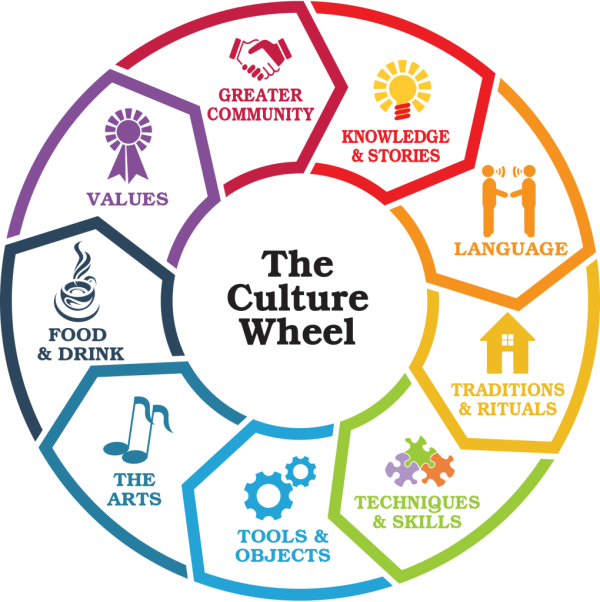“You don’t write a novel to salve a wound, but to bear witness.”- Jane Smiley
It’s a big concept, Culture; a very large balloon surrounding the social behavior of human societies, as well as the laws, knowledge, beliefs, arts, traditions, abilities and habits of the individuals in these groups. In the past, I’d usually thought of it in its bigger umbrella context rather than as the sum of its parts. But that is, quite obviously when you pay it full attention, the most important way to look at it, because that’s how the individuals in social groups affect the larger balloon.
It never occurred to me that I could be a part of affecting my Culture. Some other, larger, more powerful people and events would surely be the influencers most likely to bring about change. But recently I watched a segment repeatedly called Brief but Spectacular that had been on the PBS Newshour, and it offered me a revelation about Culture that had me digging for explanations for weeks. I’d seen it when it first aired, but continued to watch it on YouTube, as you can, here, https://www.youtube.com/watch?v=PG_YZ2hR-jM if you’d like to understand what I’m marveling over.
Ronan Farrow, the journalist who broke the Harvey Weinstein expose for The New Yorker after being harassed and fired from his job at NBC, spoke about many things in the video, all worthy of discussion. But his last comments introduced our responsibility to contribute positively to our culture in order to prevent it from becoming something we don’t want. I found myself instinctively agreeing with him about all his precepts, but was surprised by the idea that this big concept of Culture could be affected by what individuals in the group do. I suppose my grandmother would have chortled at my naiveté, reminding me of the adage that the dollars will take care of themselves if we take care of the pennies.
The further I dug into this concept Mr. Farrow reminded me of, the more I began to feel how blessed we all are to have people who prompt us to create a culture we want to live in, as well as leave for those who come next. I certainly see that I have a very direct and obvious connection as a writer, and in particular a novelist, because as Jane Smiley points out in her book, 13 Ways to Write a Novel, “. . . artfulness in the novel lies not in the product, but in the process and in the cultural position of the artist or novelist. The making of art, the writing of a novel requires the artist to exercise free choice in what to depict and how to deploy his materials. Even in societies that don’t prize personal and political freedom—”

